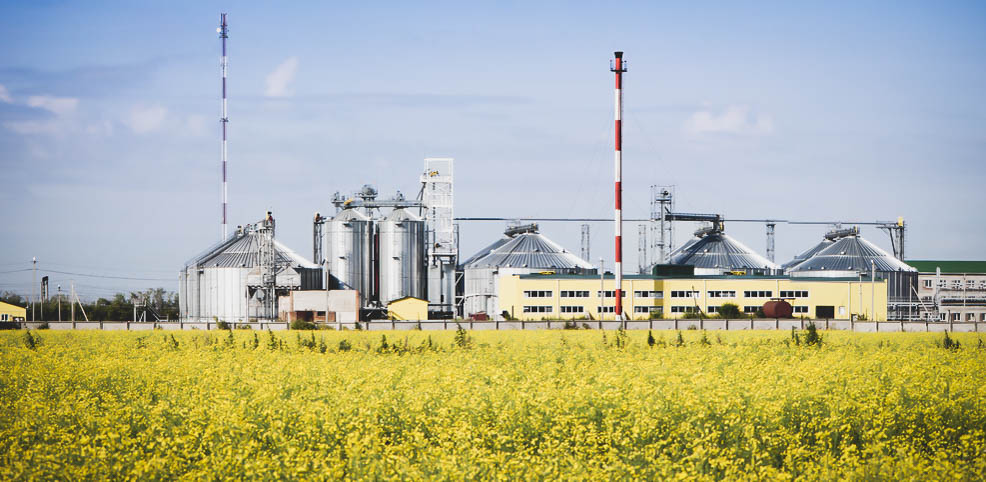A biodiesel plant is used for the production of biodiesel fuel, which is a renewable and environmentally friendly alternative to traditional diesel fuel. Biodiesel is derived from various vegetable oils, animal fats, or recycled cooking oils through a process called transesterification.
Here are some reasons why biodiesel plants are used:
- Renewable Energy Source: Biodiesel is produced from renewable feedstocks, such as soybean oil, canola oil, palm oil, and others. Unlike fossil fuels, which are finite resources, these feedstocks can be replenished through farming and agricultural practices.
- Reduced Greenhouse Gas Emissions: Biodiesel has lower emissions of greenhouse gases compared to petroleum-based diesel. When burned, biodiesel releases fewer carbon dioxide (CO2) emissions because the carbon released during combustion is offset by the carbon dioxide absorbed during the growth of the plants used to produce the feedstock.
- Energy Security: Biodiesel reduces a country’s dependence on imported fossil fuels, promoting energy security. By utilizing domestic agricultural resources, countries can reduce their reliance on foreign oil and improve their energy self-sufficiency.
- Environmental Benefits: Biodiesel has lower levels of pollutants and particulate matter compared to traditional diesel fuel. It contributes to improved air quality and reduced emissions of sulfur compounds, carbon monoxide, and unburned hydrocarbons, leading to a cleaner and healthier environment.
- Compatibility with Existing Infrastructure: Biodiesel can be blended with conventional diesel fuel or used as a pure fuel (B100) without requiring significant modifications to existing diesel engines and infrastructure. This makes it easier to integrate biodiesel into the existing transportation and distribution systems.
- Agricultural Utilization: Biodiesel production can provide additional revenue streams for farmers and agricultural communities. It offers an opportunity to utilize crops or waste products, such as used cooking oil, which might otherwise go to waste.
- Government Incentives and Policies: Many governments around the world provide incentives and support for biodiesel production and use. These can include tax incentives, subsidies, and renewable fuel standards that mandate a certain percentage of biofuels in transportation fuels.
Overall, biodiesel plants play a crucial role in the production of a renewable and sustainable fuel source that offers numerous environmental, economic, and energy security benefits.





